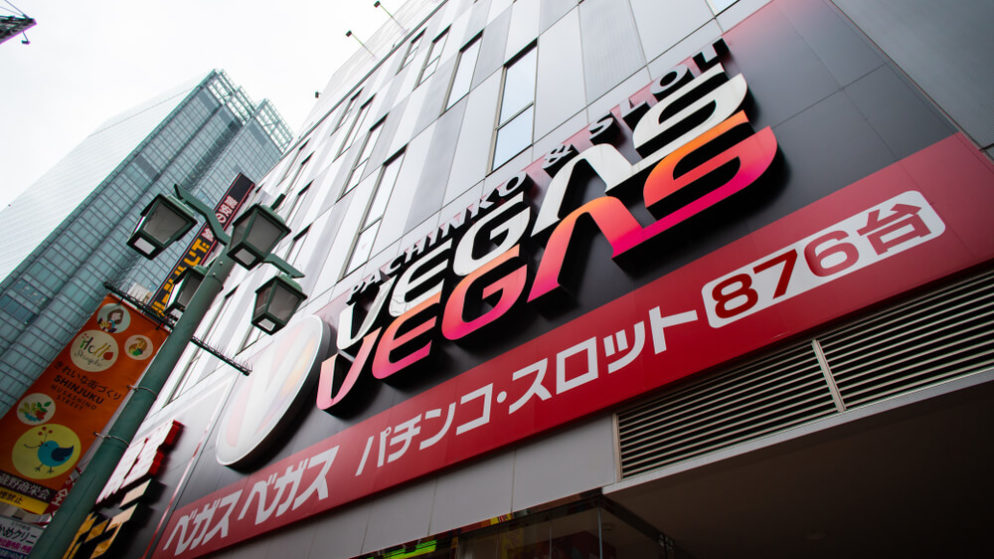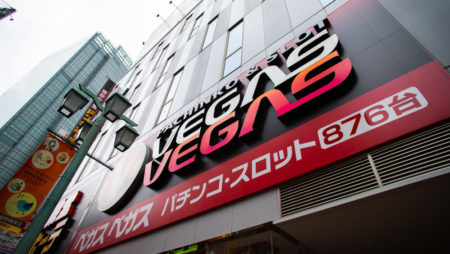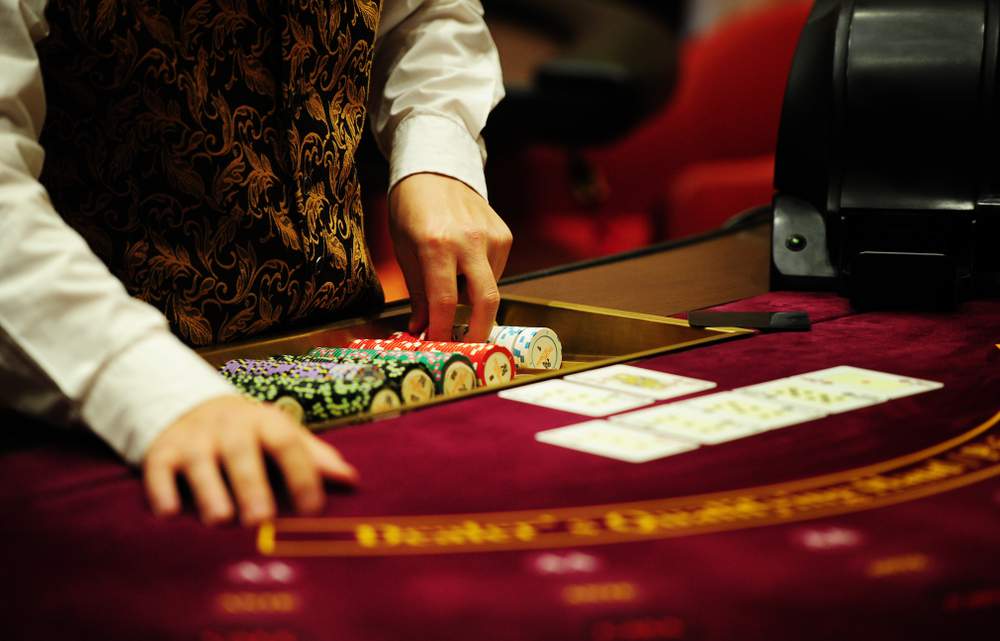

The introduction of gambling into any economy is often faced with resistance from factions that perceive the entire industry negatively. This recently happened in Japan when government officials approved plans to establish a casino resort in the country. This will be the first-ever project in the Asian super-power, no wonder everybody appears interested in its progress.
According to the proposed plan for the project, it is possible that the people of Japan will have a homegrown gambling hub by 2029. This development will open up the western city of Osaka that has been earmarked as the location but the full extent of the performance will be known when it actually takes off. Judging from the degree of economic growth that the economy of Japan enjoys, it will not be a surprise if the caliber of casinos in the country is nothing that the industry has seen before.
Japan’s close proximity to China is also an advantage as far as the growth of the casino market is concerned. There are many wealthy gamblers residing in China so it is likely that the wealth is going to cross over into Japan if there is a reputable product in the market. With so much money to spend and strict restrictions on where to spend it, China is a market worth exploring before investors turn around their fortunes. Right now, Macau is the only city that runs legal gambling operations in China.
Legalized gambling is a new concept in Japan because casinos have been illegal entities for a long time. Owing to the passing of a law in 2018, the economy is now embracing certain components of the industry as a way of boosting revenue and creating employment opportunities. In the amendment, games such as baccarat and poker have been exempted from the age-long traditional ban on casinos. This is an issue that is likely to split the public on matters of opinion; some are positive that gambling will open up the economy but there are those who are convinced that the approval will cause an increase in gambling addiction and crime.
Apart from the main gambling hall of the casino, the complex which will measure 5.3 million square foot (49ha), will house a museum, shopping mall, conference center, and hotel. This is without a doubt a standalone economy that will generate tons of revenue for the state. It is by far the largest casino complex in the world and officials are optimistic that it will grow into a tourism base that promotes Japan’s charms to the world. According to a statement made by the Prime Minster of Japan, Fumio Kishida, the world is changing at a fast rate and the only way to keep up is to offer travelers a destination that matches the trends.
Even though this upcoming casino is a brainchild of the Japanese government, its realization can only happen through partnerships with established brands. Out of the 1.8tn yen ($13.5bn, £10.7bn), which is the initial investment for the complex, 80% stake is owned by US-based casino operator MGM and Japan-based Orix Group, each of which has a 40% stake in the company. The remaining 20% will be sold to local companies like Kansai Electric Power, West Japan Rail, and Osaka-based Panasonic that have already expressed interest in being shareholders.
Even at this early stage of the development process, officials have already made projections as to how much money will be raked in once operations begin. With an estimated population of 20 million visitors annually, the revenue generated will be roughly 1tn yen in annual economic benefits to the region; this is according to a Japanese news service.
Project lifecycle
While the news of the proposed plans just recently hit the headlines, talks of the project first surfaced years ago. If it were not for the Covid-19 pandemic, the project would most likely be in full operation by now. There was also a corruption scandal involving the same project in which the ruling-party lawmaker was accused of accepting bribes while in charge of casino policy. It is a tricky balance between lawmakers that want to leave a legacy of economic growth and government authorities that want to create a fair business environment for all investors.
Casino brands that are operating in other areas of the world consider Japan to be a promising market for gambling. With a population of close to 126 million, the number of potential bettors is good enough to run a profitable gambling operation. It is no surprise that the world’s third-largest economy is now using its masses to make a name for itself in the gambling industry. Based on the number of game types that are present in the gaming world, this large population is a great market for conducting a profitable gambling operation.
In what appears to be a wave of interest to expand the betting landscape in Japanese, Nagasaki submitted a similar plan to build a casino at Huis Ten Bosch, a Dutch-themed theme park. It is obvious that one influenced the other and more operators are likely to appear with similar interests. Owing to the level of organization of the Japanese administration, this market holds great potential and the early entrants are likely to reap great returns.
Conclusion
Initiating a gambling culture where none existed before is hard work but it appears that powerful economies have just the right machinery to do it. The casino industry is capital-intensive so for players to perform well in this sector, they must prepare a huge budget. This has worked in other jurisdictions and the interested parties in Japan must borrow a leaf if they are to encounter success. There must be jitters everywhere and especially among investors who will pump millions in the hope of a worthy ROI. The future really depends on how well every entity coordinates with the others.



